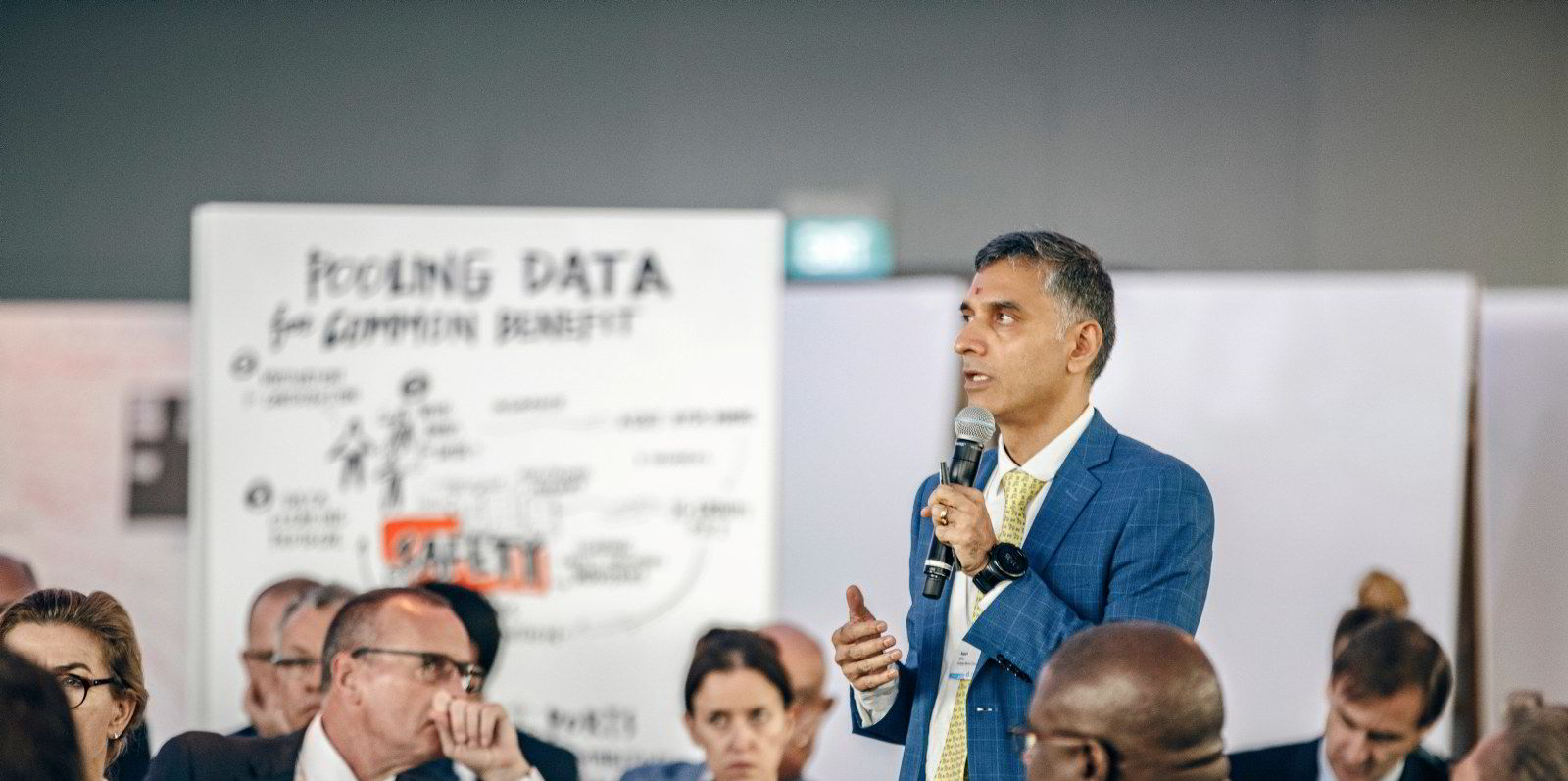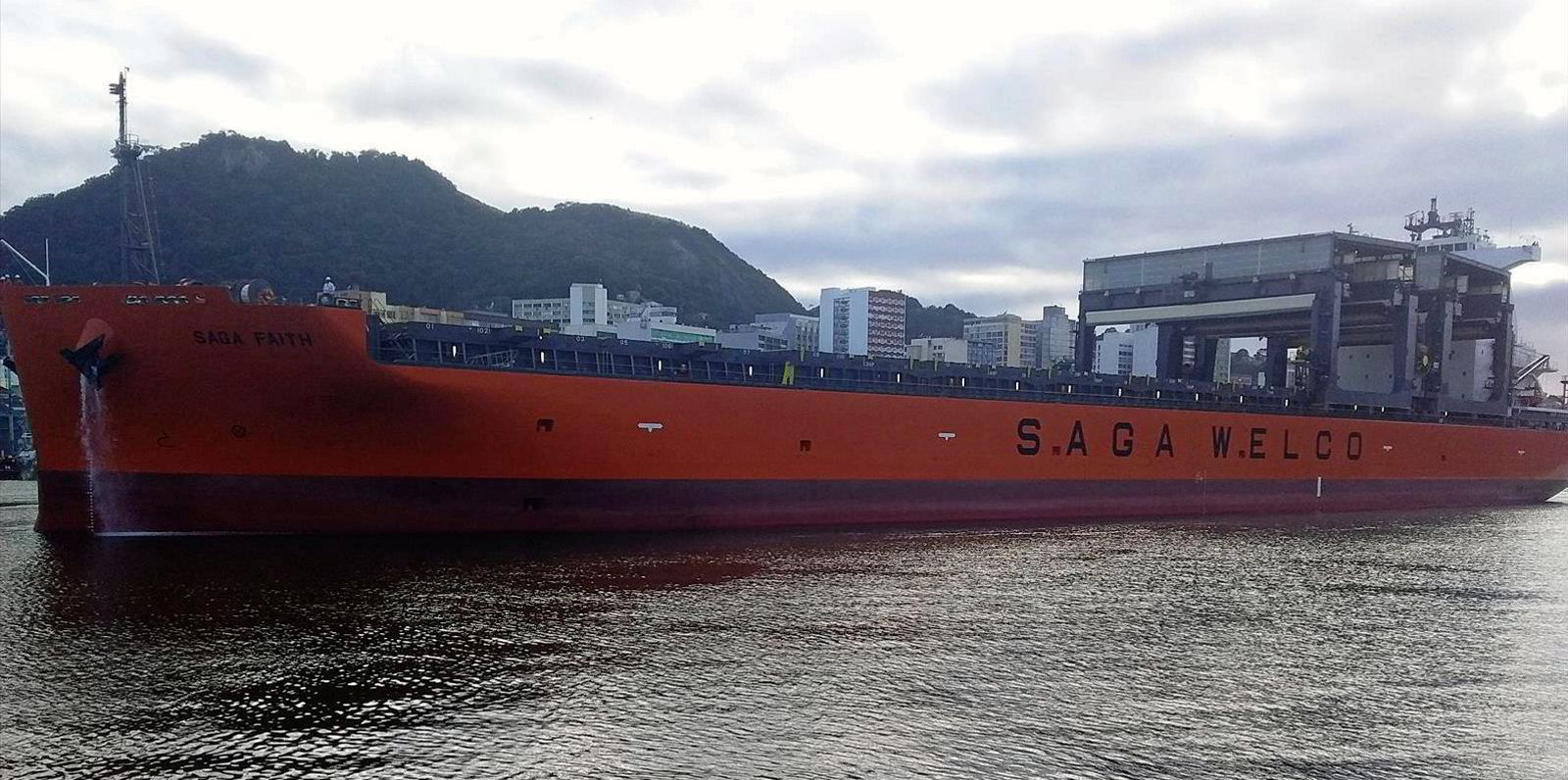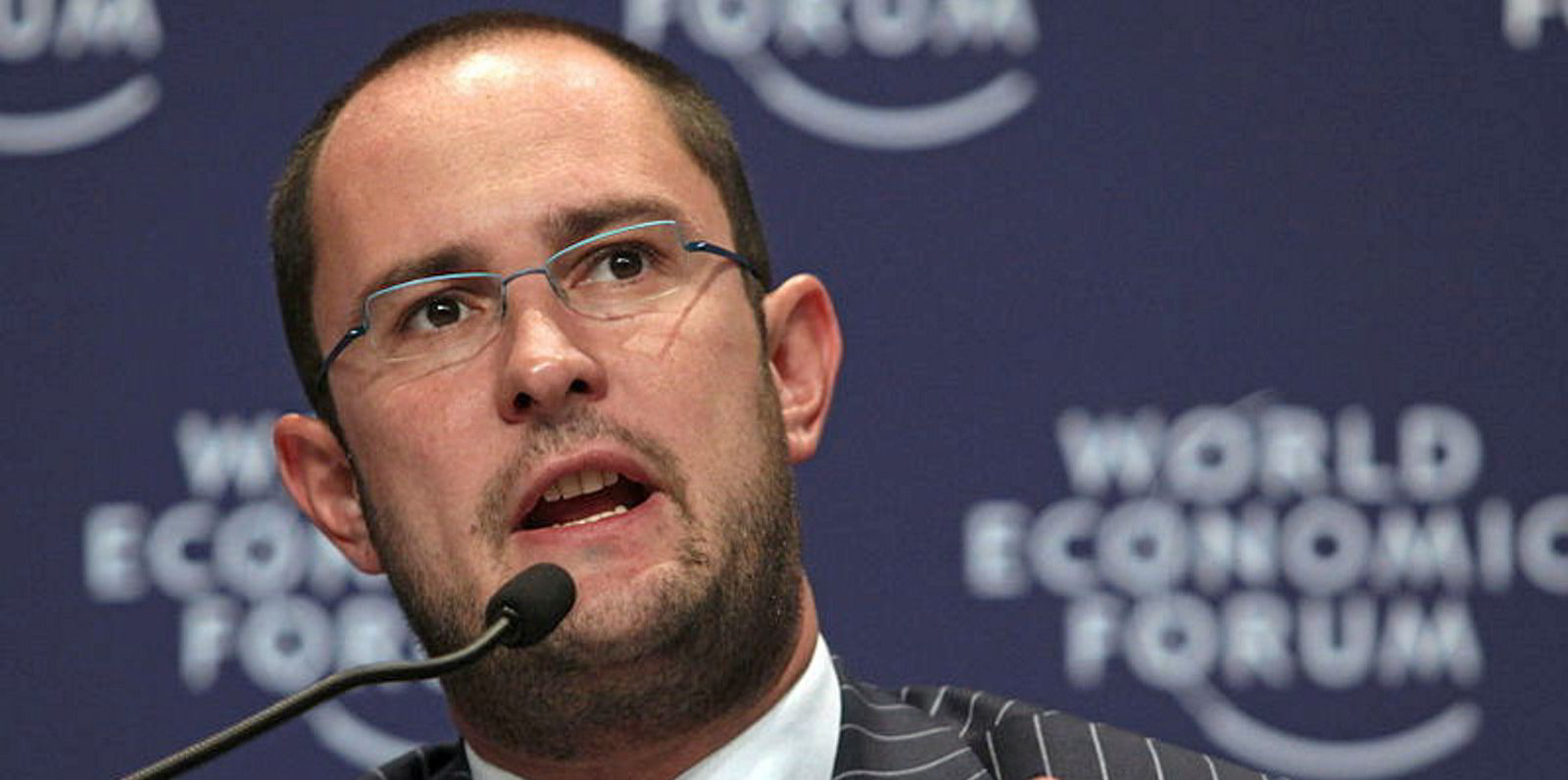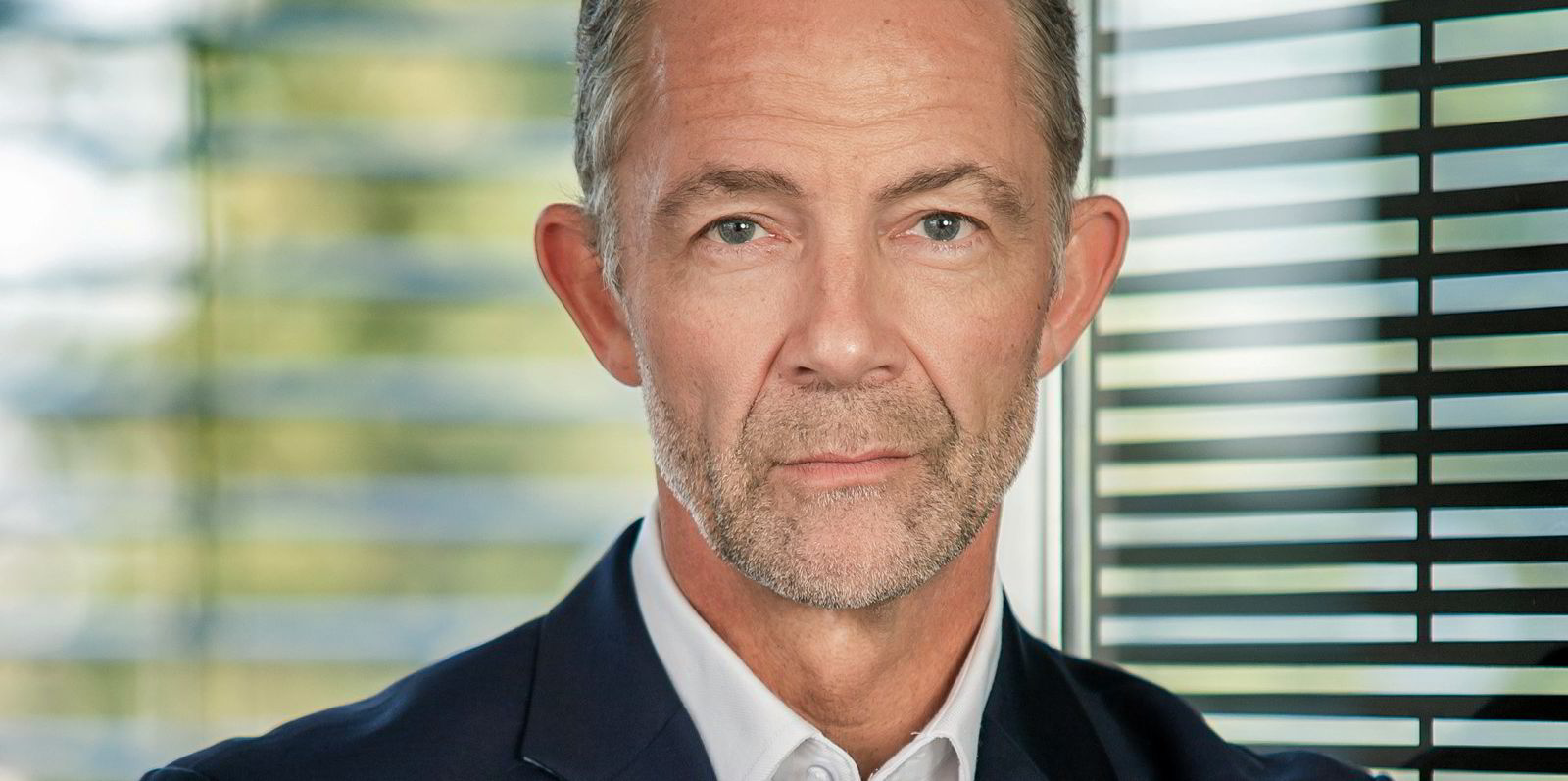Ship management boss Rajesh Unni has a warning for shipping as new Covid-19 variants threaten to escalate the current crisis for crews.
The chief executive of Synergy Marine said more transmissible types of the disease are a "recipe for disaster" for shipping.
He told TradeWinds that earlier on in the pandemic, ships typically had one seafarer testing positive for Covid-19 and they were then isolated.
"Things were OK. Now we are seeing ships are being isolated because the whole crew is being infected, because the rate of spread of the new variants is much larger," Unni said.
He called this a "different proposition" than what was happening several months ago.
Ships could be immobilised
Unni argued that if vaccines are not given to everybody, many more ships will be immobilised for up to two weeks.
"People threw a tantrum at what happened in the Suez Canal. You're now talking about a different scale, and then you add in mental illness. It's a recipe for disaster," he said.
The Synergy boss is calling for industry leaders to come up with solutions constantly.
Unni worked on crew-change protocols that helped open up Singapore for crew changes last year, but suddenly all that has now stopped after the country banned anyone who has recently been to India.
"Maybe Singapore is doing it for the right reason, but we as an industry have to go back and say we should not lose all the learnings," the CEO said.
Synergy is freezing crew changes for a couple of months from India and the Philippines.
The company has created bubbles in different cities, moving crews to less infected areas and quarantining them for between 14 and 21 days.
The problem is that after 15 or 16 days, they get a call that their father, mother or wife has got Covid-19, Unni explained.
Seafarers become carers
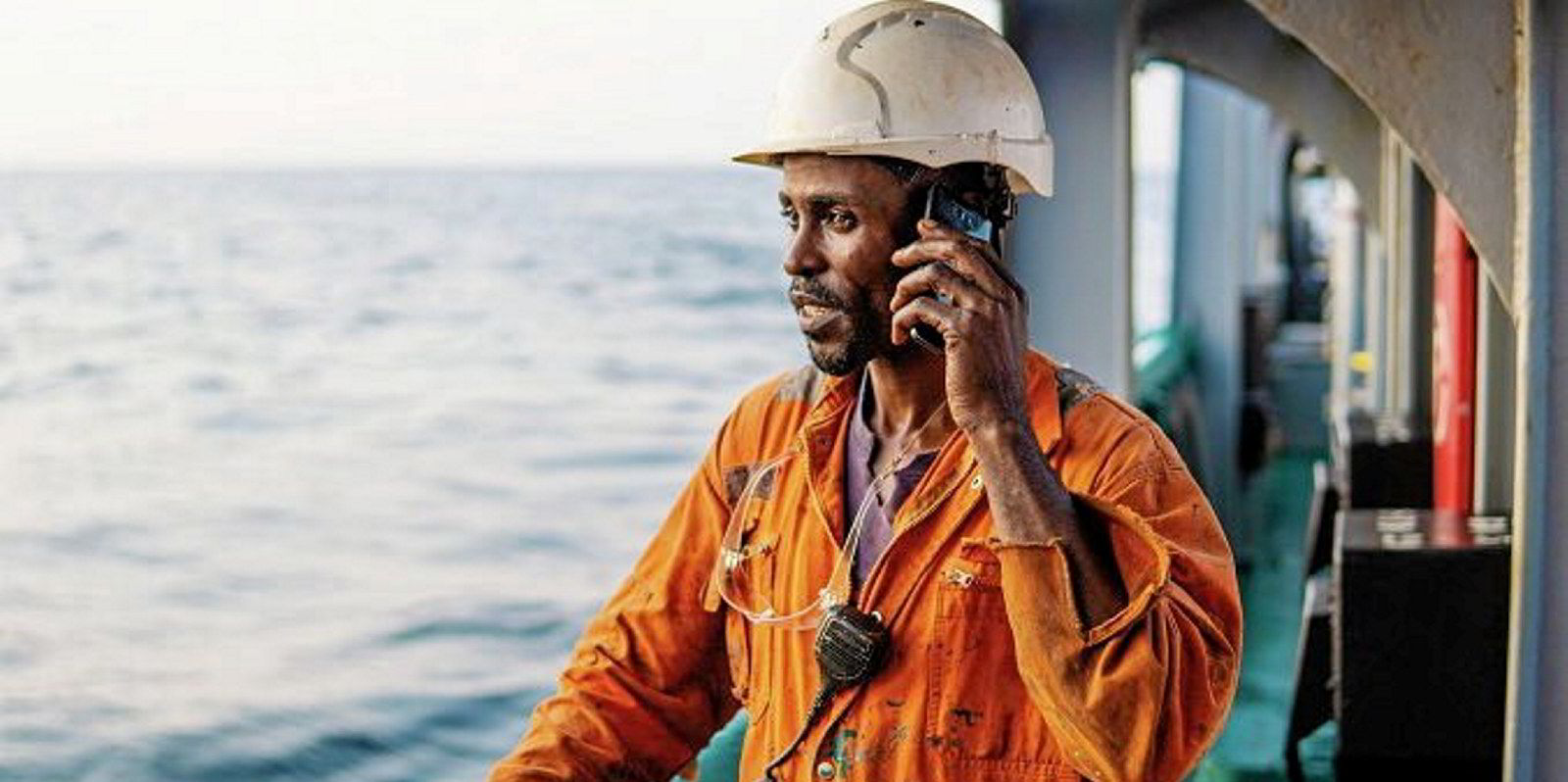
"It's right for them to say, 'I don't want to join the ship, I want to go take care of them at home now', so we suddenly lose somebody."
Before joining a ship seafarers have to go to clinics for testing, but those centres are now closed in Delhi and Mumbai, for example.
"So in terms of logistics it's becoming a nightmare," Unni said.
Synergy is still taking over new ships, but Unni said owners are very disturbed by recent developments.
He has previously highlighted how the larger managers and operators are better equipped due to the choices from the multitude of nationalities employed on board their ships.
Ticking time bomb
"However, this is an even bigger time bomb than last year, it seems, with the extreme restrictions affecting Indian, Filipino, Chinese and Myanmar nationals simultaneously because they constitute a large majority of the seafarers on board the ships," he told TradeWinds.
Bans like that in Singapore are "derailing" efforts made to change crew over the past year, Unni added.
"With the vaccinations proving a success, we urge the governments to put seafarers top of their priority list," he said.
Most Synergy office staff in India have now had their first vaccines, but second doses are not yet available.
"Hopefully in two or three weeks the dust will settle," Unni added.
What he does not want to see is different vaccines being acceptable in different countries.
"I really hope that someone like the WHO [World Health Organization] comes in and says, 'Listen, you know what guys, this is the list of vaccines we think are good enough,'" Unni said.
He wants to see a standardised list of approved vaccines worldwide.
Shared responsibility
And the CEO argues that vaccination is not just the responsibility of the crew-supplying nation.
Europe and other regions have lower levels of cases than some of the less-developed countries that provide seafarers.
"It could be possible to have the first dose in one port and then find somewhere else for the second," Unni said. "They should take some responsibility."
Synergy has 14,000 to 15,000 staff on ships and onshore. And Unni is now also looking ahead to when booster jabs are needed.
"This is going to be more constant in the next two years or so," he said.
"There must be a system that helps them get those done while in service too, not just when they go home," Unni added.
He wants to see a rolling vaccination schedule.
